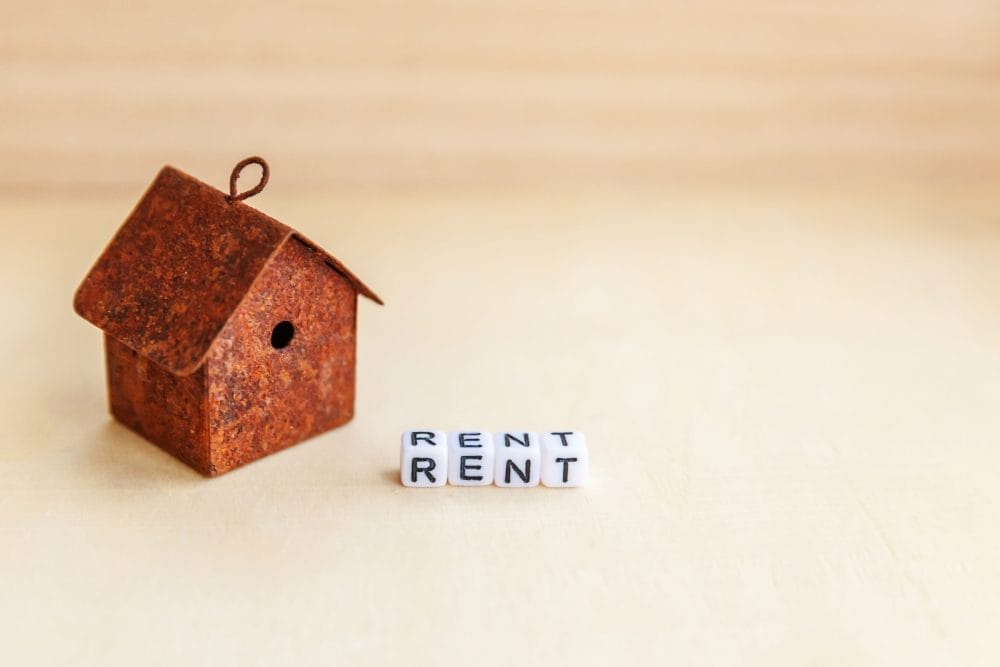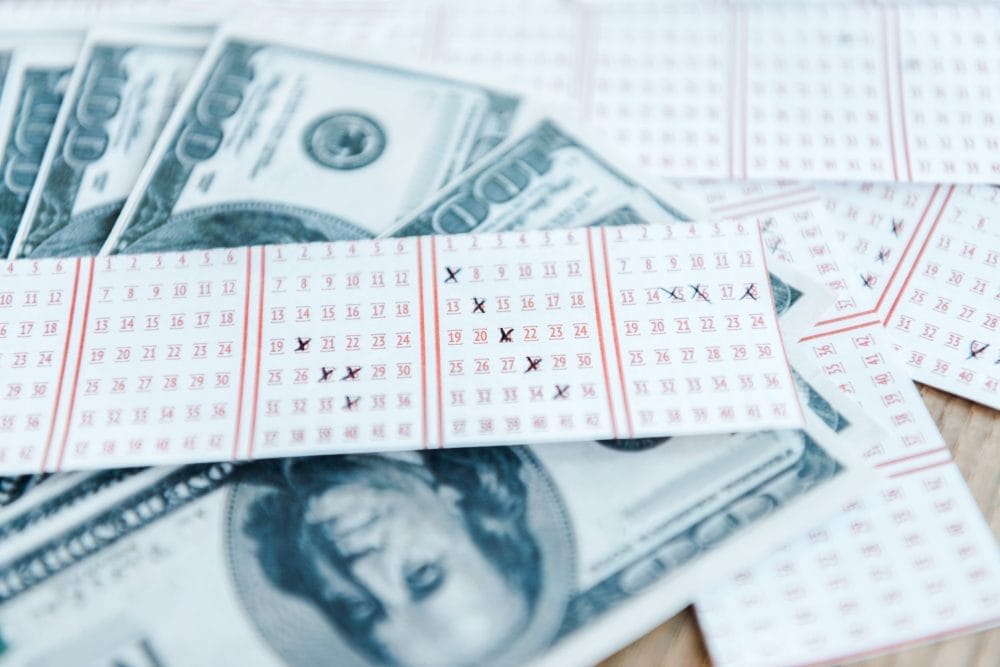Money might be tight, bills might be stacking up, and rent might be breathing down their necks, but some items still find a way into people’s carts. This isn’t about bad decisions or irresponsibility; it’s often about small necessities, emotional escapes, and everyday survival.
When someone is living paycheck to paycheck, what they buy isn’t always about logic—it’s about dignity, mental relief, and holding on to a sense of normalcy. Poverty often forces people to choose between what’s essential on paper and what’s essential to their spirit.
Fast Food and Takeout
Cooking at home may be cheaper, but fast food offers something that’s often in short supply: time and convenience. For someone working multiple jobs or coming home mentally and physically exhausted, a hot meal handed over a counter beats starting from scratch in the kitchen. It’s also one of the few small indulgences that can feel like a treat amid constant financial stress.
Even when the fridge is nearly empty and the budget is shot, a $5 meal from a dollar menu can feel like a moment of control and satisfaction. It’s not just about eating—it’s about comfort in a chaotic world.
Tobacco and Vapes
Despite rising costs and public health campaigns, tobacco products and vaping supplies continue to be a regular purchase even for those struggling to make rent. For many low-income individuals, nicotine is less a luxury and more a coping mechanism. Stress levels are often sky-high when bills are overdue and work feels endless, and cigarettes provide a momentary escape. It’s an expensive habit, yes, but one deeply tied to daily survival in a high-pressure environment. Addiction and emotional relief keep people coming back, even when their wallets say they shouldn’t.
Haircuts and Grooming Products
Looking presentable still matters, no matter how tight the financial situation is. Whether it’s for a job interview, work shift, or just a sense of dignity, grooming remains a non-negotiable expense for many. People facing poverty still want to look clean and feel good about themselves, and small grooming habits help maintain self-esteem. A basic haircut or a drugstore razor can mean the difference between confidence and shame. Personal appearance doesn’t stop being important just because money is short.
Cell Phone Plans and Data
Even when the rent’s overdue, phone service tends to stay active. For many, a working phone is not optional—it’s their only connection to employers, family, and essential services. In today’s world, missing a call could mean missing a job opportunity or an emergency message from a loved one.
Free Wi-Fi isn’t always available or reliable, especially in neighborhoods where libraries and cafes are few and far between. Mobile plans may get downgraded or pared down, but rarely cut off entirely.
Lottery Tickets and Scratch-Offs
It might seem counterintuitive to spend money chasing unlikely luck when finances are already tight, but that’s exactly why people do it. A $2 lottery ticket can buy a few hours of hope, imagination, and what-if scenarios that feel better than despair. It’s not just gambling—it’s dreaming of an escape from the grind. For those trapped in cycles of poverty, even a long shot is worth a try when the alternative feels like a dead end. It’s emotional spending, not logical, but it’s deeply human.
Alcohol
Even in financial distress, many still reach for a bottle after a long week or day. Alcohol offers a form of relief, escape, and sometimes even community in social settings. It’s a way to decompress, forget the struggles for a while, and feel normal in a life that rarely allows for relaxation. Whether it’s cheap beer or a bottle of wine from the discount shelf, alcohol is often treated like a small reward in hard times. The immediate emotional payoff often outweighs long-term financial consequences in the moment.
Streaming Services
Cutting the cord may save money, but even those on tight budgets often keep their Netflix, Hulu, or Spotify. These services offer entertainment, distraction, and emotional release, which are vital when life feels relentlessly difficult. A good movie or playlist can change the mood of an entire evening, especially when going out is not an option. For many, streaming is a way to stay connected to the broader culture and maintain a sense of normal life. Subscriptions may rotate or be shared, but they rarely disappear completely.
Convenience Store Snacks and Drinks
It’s not just about hunger—it’s about convenience and familiarity. Picking up a soda or a snack at the corner store can become a comforting ritual, especially in neighborhoods where larger grocery stores are far away or nonexistent. These small items offer a quick boost in energy or morale, even if they stretch the budget. In areas known as food deserts, processed and packaged snacks are often the only readily available food. The habit becomes part of daily life, especially when people are constantly on the move or too stressed to plan meals.
Beauty Products and Nail Supplies
Despite struggling to cover major expenses, many still prioritize small beauty items—nail polish, mascara, or hair dye from the dollar store. These aren’t just for vanity; they offer control, identity, and a moment of self-care. When someone feels invisible to the world, a splash of color or a fresh look can restore a sense of self-worth. These purchases allow people to feel beautiful, creative, or simply “put together” amid financial chaos. Beauty is often treated like a small form of resistance against the ugliness of poverty.
Pet Food and Pet Care
Even when humans are struggling, their pets still eat. Many low-income families will go without to ensure their animals are fed and healthy. Pets aren’t just animals—they’re companions, sources of love, and emotional lifelines during hard times. Taking care of a pet provides structure, comfort, and a reason to keep going. Even if rent is overdue, skipping out on pet food isn’t an option for those who see their animals as part of the family.
Making Smart Money Moves
When money is tight, people don’t always make purchases based solely on logic—they make them based on survival, stress relief, and maintaining a sense of dignity. These choices may seem irrational from the outside, but they’re deeply rooted in the human need for connection, control, and comfort. Poverty doesn’t erase desire, personality, or emotional needs—it just forces people to prioritize them differently. It’s easy to judge until you realize these items often serve as emotional lifelines in the face of daily struggle.
What would you add to this list? Drop a comment or share your thoughts below.
Read More
Humble Beginnings: 8 Reasons Why Some Poor People End Up Incredibly Rich
10 Fake Rental Listings That Are Ripping Off College Students







